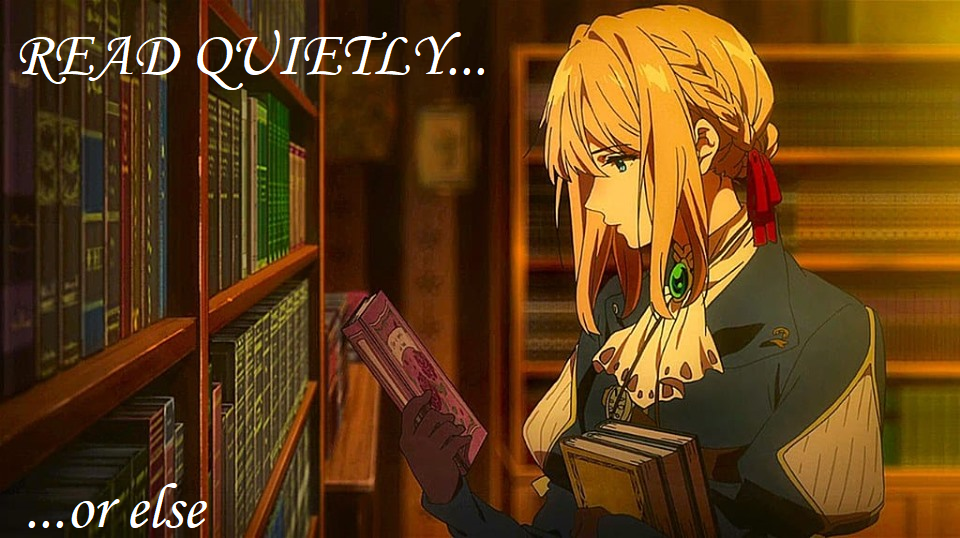A classic work of political science, Garry Wills' Nixon Agonistes remains an insightful look at the rise of the 37th President and the environment which enabled his rise to power. Wills alternates coverage of the 1968 presidential campaign with a broader analysis of the United States, riven by Vietnam, racial tension and cynical politicians increasingly willing to take advantage of these divisions. Wills views Nixon as "the Last Liberal" in American politics, not in our modern sense but as a self-made man who achieved success working through the System. Thus, he became a spokesman for Americans angry that success no longer seemed assured for them. For all the musings about Nixon's lack of authenticity, on this level at least he was fundamentally sincere; he found his insecurities mirrored in that of many Americans, enabling to rise from his political grave, win election and preside over one of the country's most tumultuous periods. "Every campaign" from his Red-baiting Congressional days to the presidency "taught Nixon the same lesson: mobilize resentment against those in power." And while Nixon laid no claim to the radicalism of the New Left and eschewed the coarser rhetoric of the Wallace-Bircher Far Right, he persuaded tens of millions of voters that "those in power" - Lyndon Johnson's Democratic Party, their allies in the media, judiciary and classroom, the minority interest groups they supposedly coddled and fawned over - were not just wrong, but un-American enemies to be ostracized and destroyed.
Written in 1970, Nixon Agonistes is, to be sure, a difficult book to recommend to nonexperts. Wills jumps between topics almost at random, following only the loosest thematic structure. Readers will find amusing, and valuable his portraits of that year's political figures - Nelson Rockefeller and George Romney, Hubert Humphrey and Eugene McCarthy, the monstrous George Wallace and asinine Spiro Agnew. He's also quite astute showing that Nixon's "Silent Majority" was motivated by a sense of displacement, viewing liberal expansions of minority rights as infringing upon theirs; Lyndon Johnson's Great Society fostered an impression, justified or not, that middle class Americans no longer mattered to "the Establishment" - a resentment that Nixon brilliantly exploited. He also shows why Kennedy-Johnson liberals failed to anticipate the era's radical movement; Black Power, student activists and others felt that the "soft intolerance" of Democratic rulers dismissed their causes as unworthy of concern, thus driving them to increasingly extreme courses of action. Thus '60s liberalism, however idealistic its intention, failed to truly address systemic issues while alienating Americans unpersuaded of the need for drastic change. And Wills notes that liberal writers like Arthur Schlesinger were happy to praise in Kennedy and Johnson traits (reliance on charisma and image, strident anticommunist rhetoric, a desire for sweeping presidential power) that they decried as monstrous in Nixon and other Republicans.
Perhaps Wills' biggest failing, besides the book's rambling and orotund prose style, is that his central premise sometimes contradicts the actual text. Certainly, Wills relies on a nebulous definition of "liberalism" that few modern readers will recognize, since clearly he doesn't mean to suggest Nixon is a liberal in the sense that Kennedy, Johnson or Gene McCarthy were liberals. One can agree with his views on the shortcomings of Great Society liberalism while also wondering how Nixon himself embodied the same worldview (after all, most of the progressive initiatives Nixon supported were largely opportunistic or cynical - certainly not sharing LBJ's views about the power of government). Even so, he's astute in recognizing Nixon's achievement: persuading white, middle-class voters that, however troubled minority groups and the disadvantaged might be, their own grievances (some real, others imagined) and everyday frustrations were worse. That's remained the Republican Party's underlying appeal, in increasingly strident form; and Wills, writing before Watergate and Reagan's rise to the White House, when Donald Trump was a minor figure in New York real estate, recognizes the lasting power of this message.
Rating: 4/5






No comments:
Post a Comment